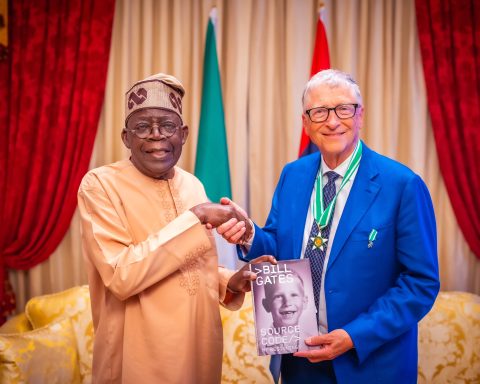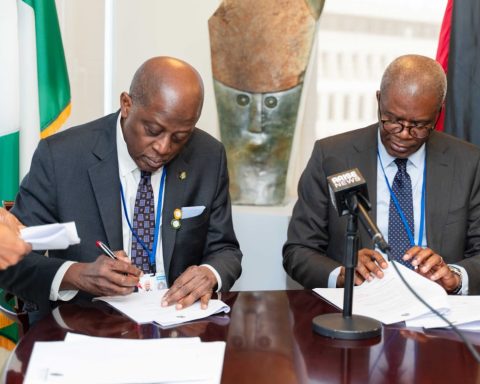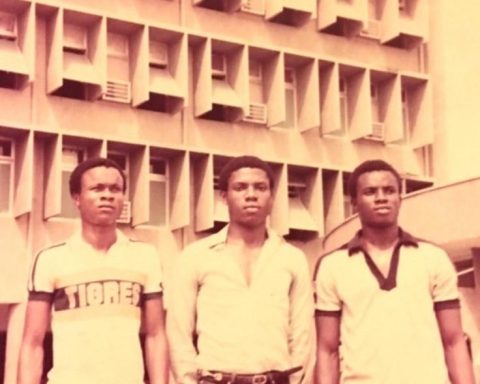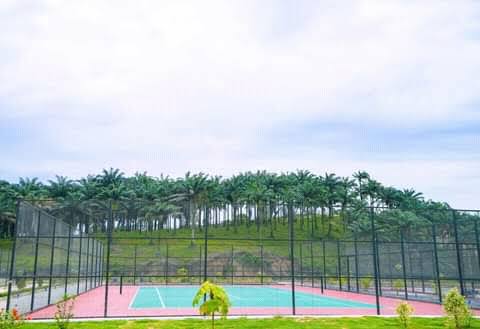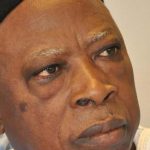It has become a grimly familiar headline, a recurring narrative that underscores a profound national paradox: Nigerian leaders, from high-ranking politicians to influential public figures, frequently seek medical treatment abroad, often funded by the public purse.
And tragically, some ultimately succumb to their ailments on foreign soil. This phenomenon, known as “medical tourism,” is more than just a matter of personal choice; it is a stark, damning indictment of the very healthcare system they are meant to govern and improve. The exodus of Nigeria’s elite for medical care speaks volumes about the deep-seated rot, chronic underfunding, and pervasive lack of trust within the nation’s hospitals.
Join our WhatsApp Channel
The Unspoken Vote of No Confidence
The image is stark: while millions of ordinary Nigerians contend with overcrowded public hospitals, dilapidated infrastructure, and a critical shortage of medical supplies, their leaders are often whisked away to equipped clinics in London, Dubai, or India. This practice, often justified by claims of “specialized care” or “privacy,” is an unspoken vote of no confidence in the domestic healthcare system. It highlights a fundamental hypocrisy: those with the power to fix the system are the first to abandon it when their own health is at stake.
The reasons for this medical migration are the very same issues that afflict the average Nigerian:
Lack of Trust: A widespread lack of confidence in the diagnostic accuracy, treatment efficacy, and overall quality of care available locally.
Inadequate Infrastructure: The absence of modern equipment, functional laboratories, and a consistent power supply in many Nigerian hospitals, particularly public ones.
Shortage of Specialists: The ongoing brain drain has severely depleted the pool of highly trained medical experts, particularly in advanced and specialized fields.
Poor Patient Experience: Long wait times, impersonal service, and poor communication all diminish patient confidence and satisfaction.
The Cost: More Than Just Billions
The financial cost of outbound medical tourism is staggering, estimated at over $1 billion annually. This is capital that could be reinvested into upgrading local hospitals, training medical personnel, procuring modern equipment, and building a robust national health system. Instead, it flows out of the country, enriching foreign economies and healthcare providers.
But the cost extends far beyond money
Erosion of Public Trust: When leaders consistently shun local healthcare, it sends a powerful message: “Our system is not good enough even for us.” This further undermines public confidence and drives more citizens to seek alternatives abroad.
Demoralization of Local Professionals: Imagine being a dedicated Nigerian doctor or nurse, working tirelessly under harsh conditions, only to see the very people who can implement change bypass your efforts. This fuels resentment and accelerates the brain drain, as skilled professionals seek opportunities in environments where they feel valued.
Perpetuation of Inequality: The ability to seek care abroad creates a two-tiered system: one for the privileged few, and another often underfunded and substandard for the vast majority. This deepens social inequality and undermines the principle of equitable access to care.
Lost Opportunities for Growth: Each complex medical case taken abroad is a lost opportunity for local doctors to gain experience, for hospitals to invest in new technologies, and for the overall system to evolve through exposure and learning.
A Call for Accountability and Action
The recurring narrative of “dying abroad” serves as a potent, if tragic, symbol of Nigeria’s healthcare crisis. It is a stark reminder that until those in power commit to genuinely investing in and utilizing the domestic healthcare system, the cycle will persist.
Reversing this trend demands a fundamental systemic shift:
Political Will and Increased Funding: A sustained increase in healthcare funding, meeting or exceeding international benchmarks including the Abuja Declaration, where African Union countries committed in 2001 to allocate at least 15% of their national budgets to health.
Infrastructure Development: Targeted investment to modernize and equip hospitals, ensure reliable power supply, and strengthen medical logistics networks.
Talent Retention and Development: Competitive remuneration, conducive working conditions, and continuous professional training are critical to retaining existing talent and attracting skilled professionals from the diaspora.
Strengthening Health Insurance: Expanding the reach and effectiveness of the National Health Insurance Authority (NHIA) to cover more citizens and reduce reliance on out-of-pocket payments.
Leading by Example: Most importantly, Nigerian leaders must begin to demonstrate faith in the system they oversee by seeking treatment at home. This symbolic and practical step would boost public confidence and expose leaders to the realities that everyday Nigerians face, motivating them to act.
The spectacle of Nigerian leaders seeking solace and healing in foreign lands is a painful reflection of a nation’s unfulfilled promise. It is a call to action urging a collective commitment to build a healthcare system so robust and reliable that no Nigerian, regardless of status, feels the need to look beyond its borders for care. Only then can the tragic narrative of “dying abroad” be laid to rest not in a foreign morgue, but in a reformed, functioning healthcare system built at home.
Amanze Chinonye is a Staff Correspondent at Prime Business Africa, a rising star in the literary world, weaving captivating stories that transport readers to the vibrant landscapes of Nigeria and the rest of Africa. With a unique voice that blends with the newspaper's tradition and style, Chinonye's writing is a masterful exploration of the human condition, delving into themes of identity, culture, and social justice. Through her words, Chinonye paints vivid portraits of everyday African life, from the bustling markets of Nigeria's Lagos to the quiet villages of South Africa's countryside . With a keen eye for detail and a deep understanding of the complexities of Nigerian society, Chinonye's writing is both a testament to the country's rich cultural heritage and a powerful call to action for a brighter future. As a writer, Chinonye is a true storyteller, using her dexterity to educate, inspire, and uplift readers around the world.


